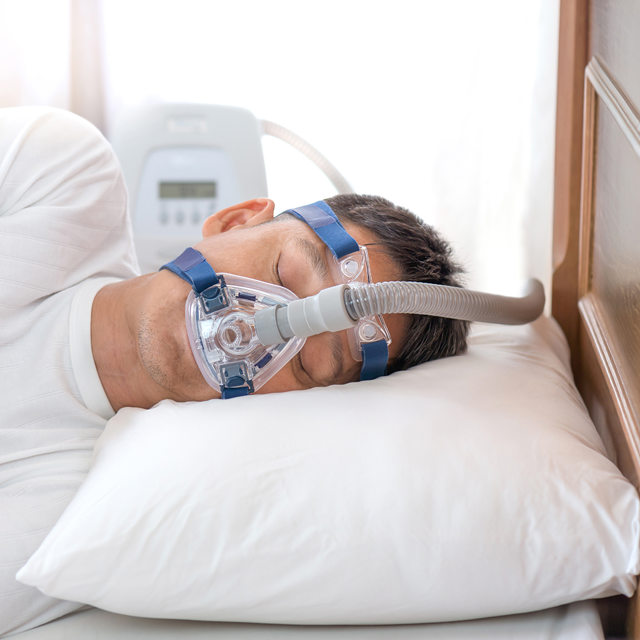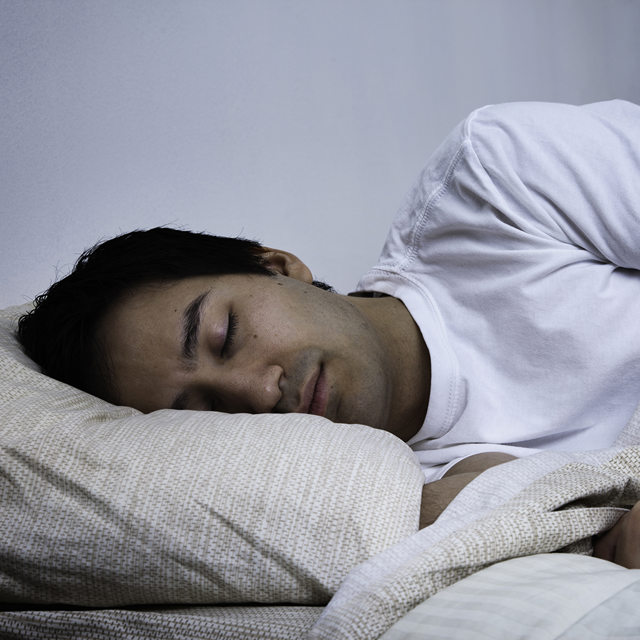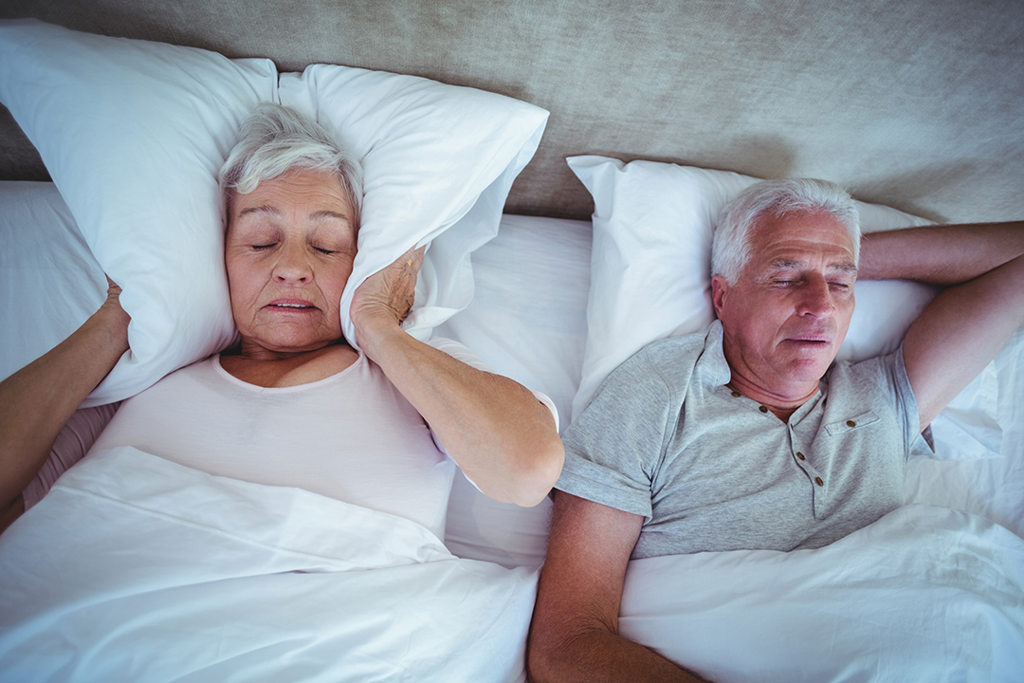
How are insomnia and other sleep disorders treated?
Sleep Disorders Treatments
With the number of American adults suffering from chronic insomnia, you might assume sleep disorders are difficult to treat. But that’s not so. In fact, there are very good treatments available for insomnia, sleep apnea, and other sleep disorders so you can get the sleep you need. The Penn Highlands sleep doctors and sleep centers near you can help.
Complete our online Sleep Survey to receive a FREE sleep mask.
How Are Insomnia and Other Sleep Disorders Diagnosed?
If you think you may have insomnia or another sleep disorder, start by talking to your primary care physician. He or she will ask you questions about your sleep habits and medical history. That, along with a physical exam, may be enough for your physician to diagnose your sleep problem. He or she may also offer treatment options, including recommending lifestyle changes to help you sleep better and medication. If your physician is unable to diagnose or treat your sleep disorder, you will be referred to a sleep doctor.
In addition to also asking questions and performing an exam, your sleep doctor may order a sleep study. Sleep studies can be conducted at home or overnight at one of our fully accredited sleep centers in DuBois or St. Marys. While you sleep, the study tracks changes in your brain waves, breathing rate, eye movement, heart rate and blood pressure. Collectively, this information helps your sleep doctor diagnose your sleep disorder.
How Are Sleep Disorders Treated?
Sleep disorders are treated in a variety of ways. The treatment your sleep doctor recommends will depend on which sleep disorder you have:
Insomnia is often caused by an underlying health condition, such as anxiety, heart disease, depression, chronic pain, or frequent heartburn. If you have an underlying medical condition, your doctor will treat that first. He or she also may prescribe medication, refer you to a therapist for cognitive behavioral therapy, and recommend implementing healthy sleep habits as insomnia treatments.
Healthy sleep habits include eliminating nicotine use, reducing caffeine intake, making sure your bedroom is dark and cool, leaving all electronics in another room, using white noise, following a consistent sleep routine, and finishing eating and exercising several hours before bed.
Sleep Apnea is when your breathing is interrupted numerous times during the night. The most common type is called obstructive sleep apnea. That occurs when the airway becomes blocked during sleep. Obstructive sleep apnea is treated with continuous positive airway pressure (CPAP) therapy. CPAP therapy gently forces air into your mouth to keep your airway open while you sleep. Other treatments include weight loss, sleeping in a different position, a dental device and surgery.
Narcolepsy is a lifelong condition with no single known cause. At least some cases of narcolepsy are associated with low levels of the brain chemical hypocretin. The condition has no cure. But the symptoms of narcolepsy can be treated with medication and lifestyle accommodations such as taking scheduled naps throughout the day.
Restless Legs Syndrome has no cure but can be managed in a variety of ways. Medication is available and may be helpful. Other treatments include specialized foot wraps to keep the legs in a certain position during sleep, varicose vein treatment, iron supplementation, and eliminating medications and behaviors that worsen symptoms.
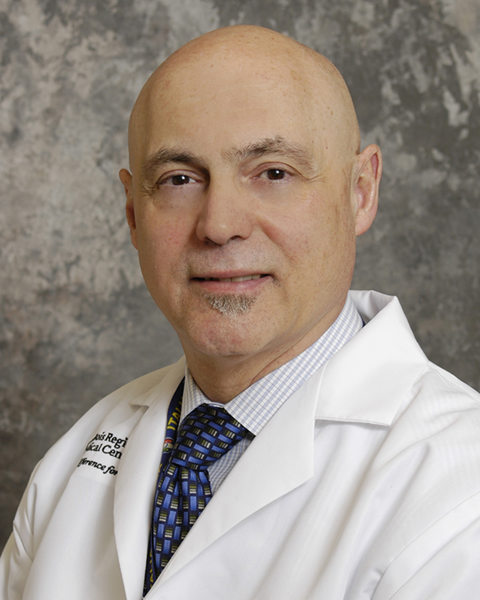
Sleep Medicine
Pulmonology
Critical Care Medicine
Penn Highlands Pulmonology and Sleep Medicine - St. Marys
A Service of Penn Highlands DuBois
Penn Highlands Pulmonology and Sleep Medicine - DuBois
A Service of Penn Highlands DuBois

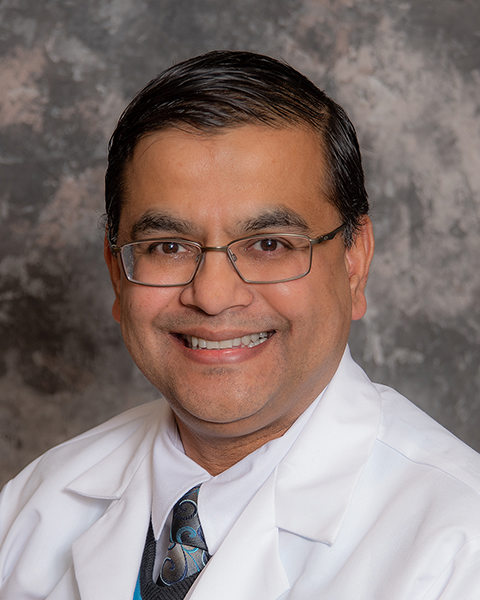
Sleep Medicine
Pulmonology
Penn Highlands Lung Center - St. Marys
A Service of Penn Highlands DuBois
Penn Highlands Lung Center - Philipsburg
A Service of Penn Highlands DuBois
The Lung Center
Penn Highlands Lung Center - Punxsutawney
A Service of Penn Highlands DuBois
The Sleep Lab is located on the 2nd floor of the Central Wing.
Accredited by the American Academy of Sleep Medicine
• In-Home Sleep Studies
The Sleep Disorders Center is located on the 2nd Floor of the DuBois Community Medical Center.
Accredited by the American Academy of Sleep Medicine
- In-Home Sleep Studies
- In-Lab Sleep Studies
The Sleep Lab is located on the 1st Floor of the Penn Highlands Elk.
Accredited by the American Academy of Sleep Medicine
- In-Home Sleep Studies
- In-Lab Sleep Studies
The Sleep Lab is located on the 3rd floor of the Hospital in the Specialty Care Clinic.
Accredited by the American Academy of Sleep Medicine
• In-Home Sleep Studies
• In-Lab Sleep Studies
The Sleep Lab is located on the 3rd floor of the Charles L. & Rose Sweeney Melenyzer Pavilion.
Accredited by the American Academy of Sleep Medicine
• In-Home Sleep Studies
• In-Lab Sleep Studies

